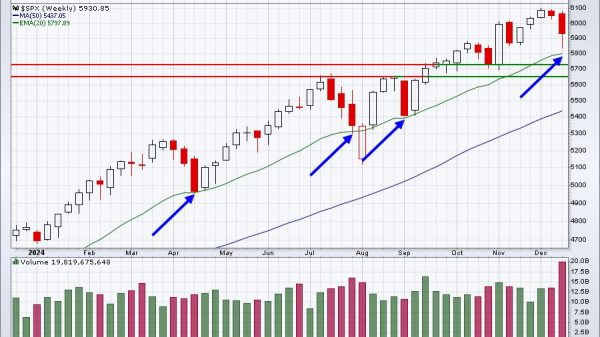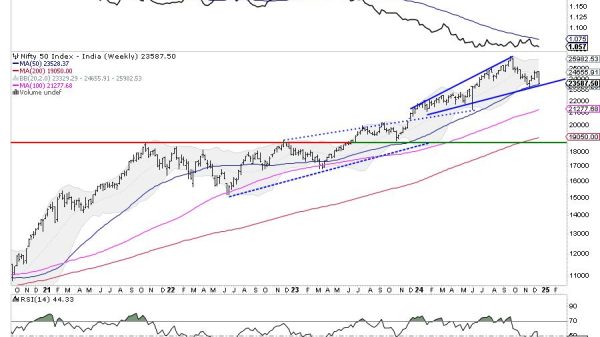Jeffrey A. Singer
People who have taken high school economics should know about the law of supply and demand. Put simply, if demand for a good or service rises relative to supply, the price for the good or service increases. Conversely, if the supply of the good or service exceeds demand, the price drops. When supply and demand equilibrate, the price stabilizes. This is a spontaneous, self-directed market phenomenon that Adam Smith metaphorically called an “invisible hand.” But a visible hand—a Food and Drug Administration rule that governs pharmacists who compound drugs—may soon mean that patients will pay more for obesity-reducing GLP‑1 drugs as the supply increases.
Under the Food, Drug and Cosmetic Act of 1938 and subsequent amendments, compounding pharmacists do not need FDA approval to make and sell their products to consumers provided they use FDA-approved ingredients from FDA-approved manufacturing facilities. However, the agency prohibits compounding pharmacies from producing a drug that “essentially copies a commercially available drug.” The FDA waives this prohibition during critical shortages of a commercially available product.
When clinical studies demonstrated that GLP‑1 drugs (e.g., semaglutide, tirzepatide), developed to treat diabetes, are effective weight loss drugs that directly act on the brain’s satiety center to reduce food intake (also drink less alcohol and smoke fewer cigarettes) doctors began prescribing them to help reduce the health risks associated with obesity. The FDA approved semaglutide (Wegovy) for chronic weight loss in adults in 2021. Demand for GLP-1s dramatically increased. In late 2022, the FDA officially announced a shortage of tirzepatide, semaglutide, and other GLP-1s, and permitted compounding pharmacies to make essential copies of them. Compounding pharmacies expanded patient’s access to these excellent drugs at much lower prices than they would have paid for commercially manufactured versions.
On October 2, the FDA announced that the supply of tirzepatide had caught up with demand and removed it from its drug shortage list. Other GLP-1s remain on the FDA shortage list. For many people who are benefitting from tirzepatide, this means they will go back to paying more for the commercially available product. The higher prices may cause some people to stop taking the drug altogether. FDA compounding regulations explain why, counterintuitively, consumers will be paying higher prices for GLP-1s as supply improves.
Compounding pharmacies are considering workarounds, such as compounding products with doses or delivery systems that are slightly different from the commercially available drugs.
One way to improve the situation would be for the FDA to remove barriers to compounding pharmacies making products that are essential copies of commercially available products. Drug makers might bring lawsuits against compounding pharmacies for patent infringement, but this would not be an issue with off-patent drugs.
A better approach would be for the FDA to reclassify GLP-1s as over-the-counter drugs, which could drive prices down as producers compete for comparison-shopping customers.
Notwithstanding FDA drug compounding regulations and prescription requirements, there is already a thriving grey market in GLP‑1 drugs. Some of these products contain toxic impurities or are phony knockoffs. If the FDA ends the prescription requirement for GLP-1s, it will deal a blow to the grey market and make it easier and safer for patients to access these important drugs.
























